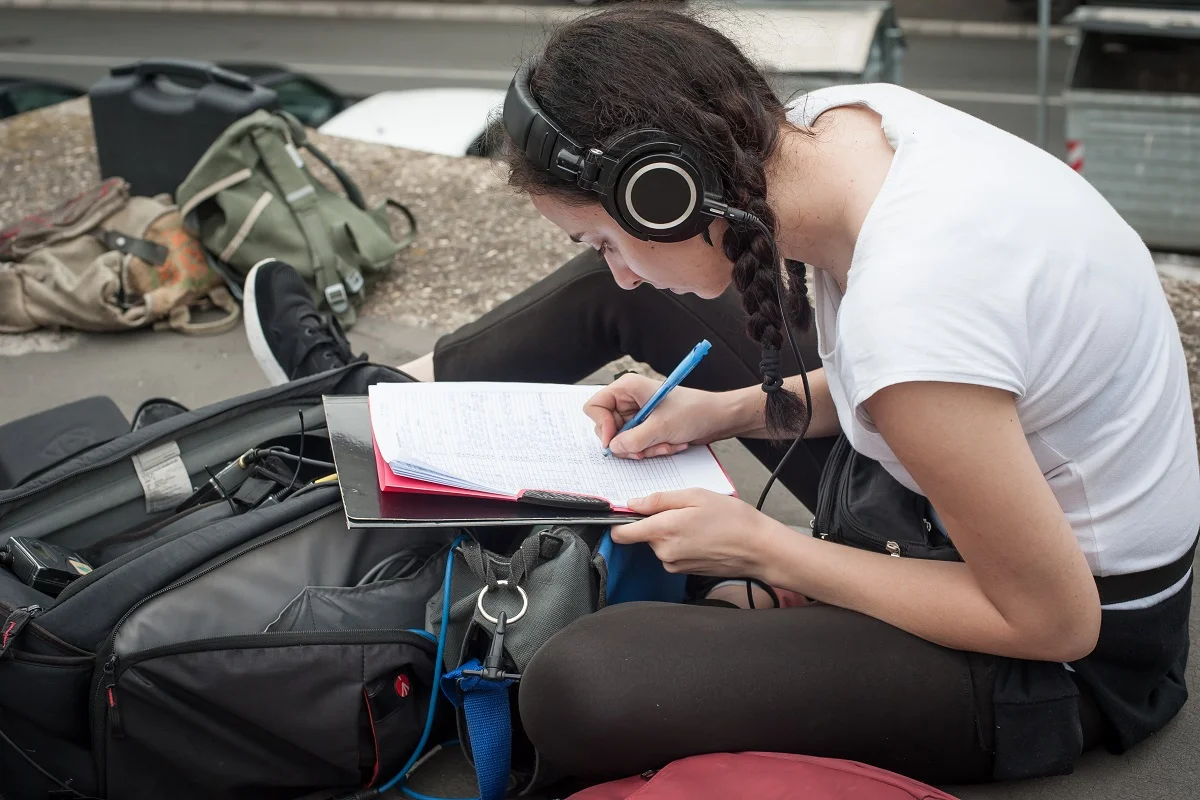Time management is a crucial skill for journalists to master. With tight deadlines, multiple assignments, and the need to stay constantly updated, effective time management is essential to succeed in the fast-paced world of journalism. In this article, we will explore some strategies and tips to help journalists effectively manage their time and stay organized in their work.
Prioritize Your Tasks
One of the first steps in effective time management is to prioritize your tasks. As a journalist, you will often have multiple assignments and deadlines to meet. Start by identifying the most important tasks and focus on completing them first. This will ensure that you are not overwhelmed with work and can meet your deadlines without compromising on the quality of your work.
Set Realistic Deadlines
Setting realistic deadlines is key to managing your time effectively. Be honest with yourself about how long certain tasks will take and allocate a reasonable amount of time to complete them. Avoid overcommitting and creating unnecessary stress for yourself. By setting realistic deadlines, you can work more efficiently and avoid the last-minute rush.
Create a Schedule
Having a well-structured schedule can greatly help in managing your time effectively. Allocate specific time slots for different tasks and stick to your schedule as much as possible. This will not only ensure that you complete your work on time but also help you avoid procrastination. Use tools like calendars, planners, or digital apps to keep track of your schedule and stay organized.
Avoid Multitasking
While it may seem tempting to multitask, it can actually hinder your productivity and time management. Instead of trying to juggle multiple tasks simultaneously, focus on one task at a time. This allows you to give your full attention to each task and complete them more efficiently. Multitasking often leads to errors and can result in wasted time.
Minimize Distractions
In today’s digital age, distractions are aplenty. Social media, emails, and notifications can easily divert your attention and consume precious time. Minimize distractions by turning off unnecessary notifications, setting specific times to check emails and social media, and creating a dedicated workspace free from distractions. This will help you stay focused and make the most of your work hours.
Delegate When Possible
As a journalist, you may have a team or colleagues who can assist you with certain tasks. Learn to delegate responsibilities when appropriate. This not only helps you manage your time more effectively but also allows others to contribute their skills and expertise. Delegating tasks can free up your time to focus on more critical aspects of your work.
Take Regular Breaks
While it may seem counterintuitive, taking regular breaks is essential for maintaining productivity and managing your time effectively. Breaks help to recharge your energy levels, prevent burnout, and improve focus. Incorporate short breaks into your schedule and use them to relax, stretch, or engage in activities that help you rejuvenate.
Stay Organized
Being organized is crucial for effective time management. Keep your workspace tidy, maintain a system for organizing your files and documents, and develop a workflow that works best for you. This will help you locate information quickly, avoid wasting time searching for files, and stay on top of your assignments.
Learn To Say No
As a journalist, you may often receive requests or assignments that are not directly related to your core work. While it’s important to be open to new opportunities, it’s equally important to learn to say no when necessary. Assess the impact of taking on additional tasks on your time and workload. If it will compromise your ability to meet existing deadlines or affect the quality of your work, politely decline and prioritize your existing commitments.
Reflect and Evaluate
Regularly reflecting on your time management practices and evaluating their effectiveness is crucial for improvement. Take the time to assess how well you are managing your time and identify areas for improvement. Experiment with different strategies and techniques to find what works best for you.
Conclusion
Effective time management is essential for journalists to thrive in their profession. By prioritizing tasks, setting realistic deadlines, creating a schedule, avoiding multitasking, minimizing distractions, delegating when possible, taking regular breaks, staying organized, learning to say no, and reflecting on your practices, you can better manage your time and excel in the fast-paced world of journalism.
Key Takeaways:
- Prioritize your tasks to ensure you focus on the most important ones first.
- Set realistic deadlines that allow you to complete tasks efficiently without unnecessary stress.
- Create a well-structured schedule and stick to it as much as possible.
- Avoid multitasking and focus on one task at a time to maximize productivity.
- Minimize distractions by turning off notifications and creating a dedicated workspace.
- Delegate tasks when possible to free up time for critical aspects of your work.
- Take regular breaks to recharge and maintain productivity.
- Stay organized by keeping your workspace tidy and developing an effective filing system.
- Learn to say no to requests or assignments that may compromise your existing commitments.
- Reflect on your time management practices and experiment with different strategies for improvement.
By implementing these time management strategies, journalists can enhance their productivity and succeed in the fast-paced world of journalism. However, if you feel the need for further guidance and specialized training in modern journalism, consider enrolling in the “NYU | Modern Journalism” online course and certificate program offered by Yellowbrick. This comprehensive program can provide you with valuable insights and skills to excel in the field.








